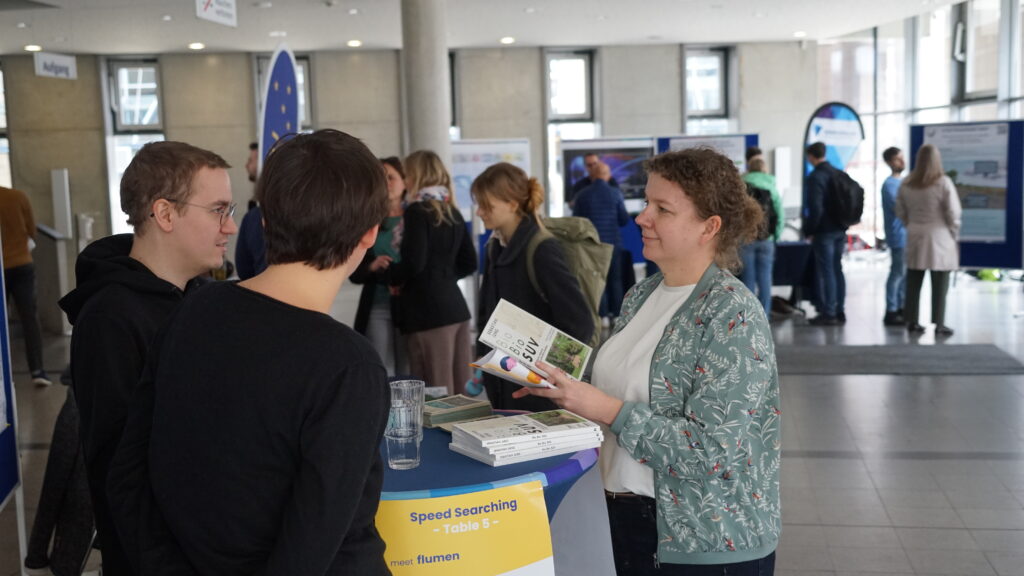Abstract
Forests are a crucial and contested part of nature. Their management is at the center of policies and conflicts around global sustainability aspirations and potential futures. Human attitudes and practices play major role in these policies and conflicts. This article focuses on the meanings humans attach to forests. These meanings act as drivers influencing activities and decision-making from forest use to governance, and escalation of forest conflicts.
This article sets out 1) to establish and develop the concept of the human-forest relationship (HFR) in order to elaborate on people’s forest-related meanings, and 2) to discuss the potentials of the HFR concept for forest policy and research with a focus on forest conflicts and potential futures.
The HFR concept depicts a reciprocal relationship between humans and forests that is formed as a result of personal experiences, life histories, as well as cultural and societal backgrounds and environmental settings. HFR possesses the future dimension, as the forest-related meanings may be reflected in the expectations that humans connect to the future state of forests. As forests differ from other natural environments ecologically, culturally, politically, and socially, the HFR concept contributes in identifying, describing and analyzing these forest-specific meanings influencing forest policy and management.





